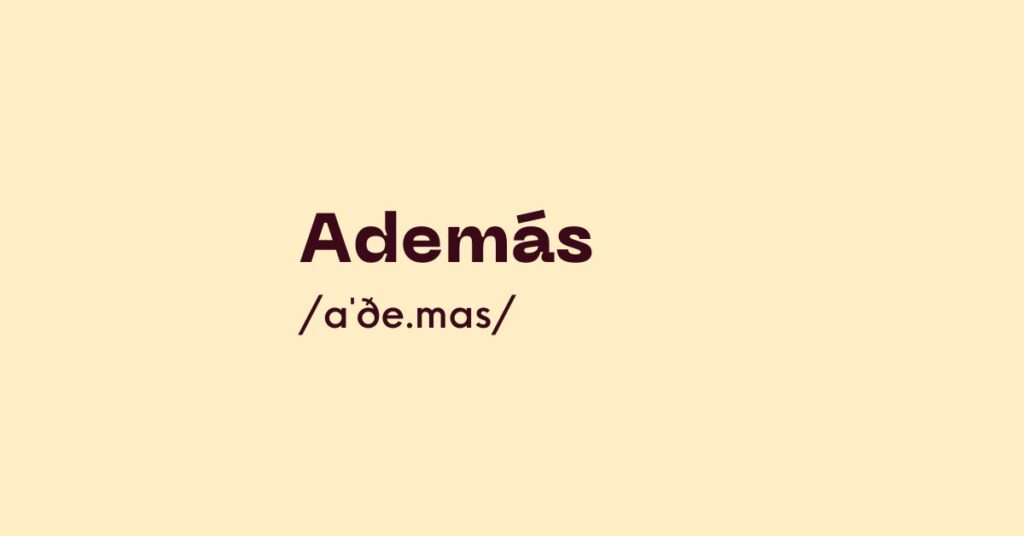Mejor
Today’s Spanish word of the day is “mejor”. It means “better” and can be used as an adjective or adverb. It can also mean “best” if it’s preceded by the definite article “el” or “la”, as in “la mejor pizza del mundo” (“the best pizza in the world”). Example sentences Este restaurante es mejor que […]









